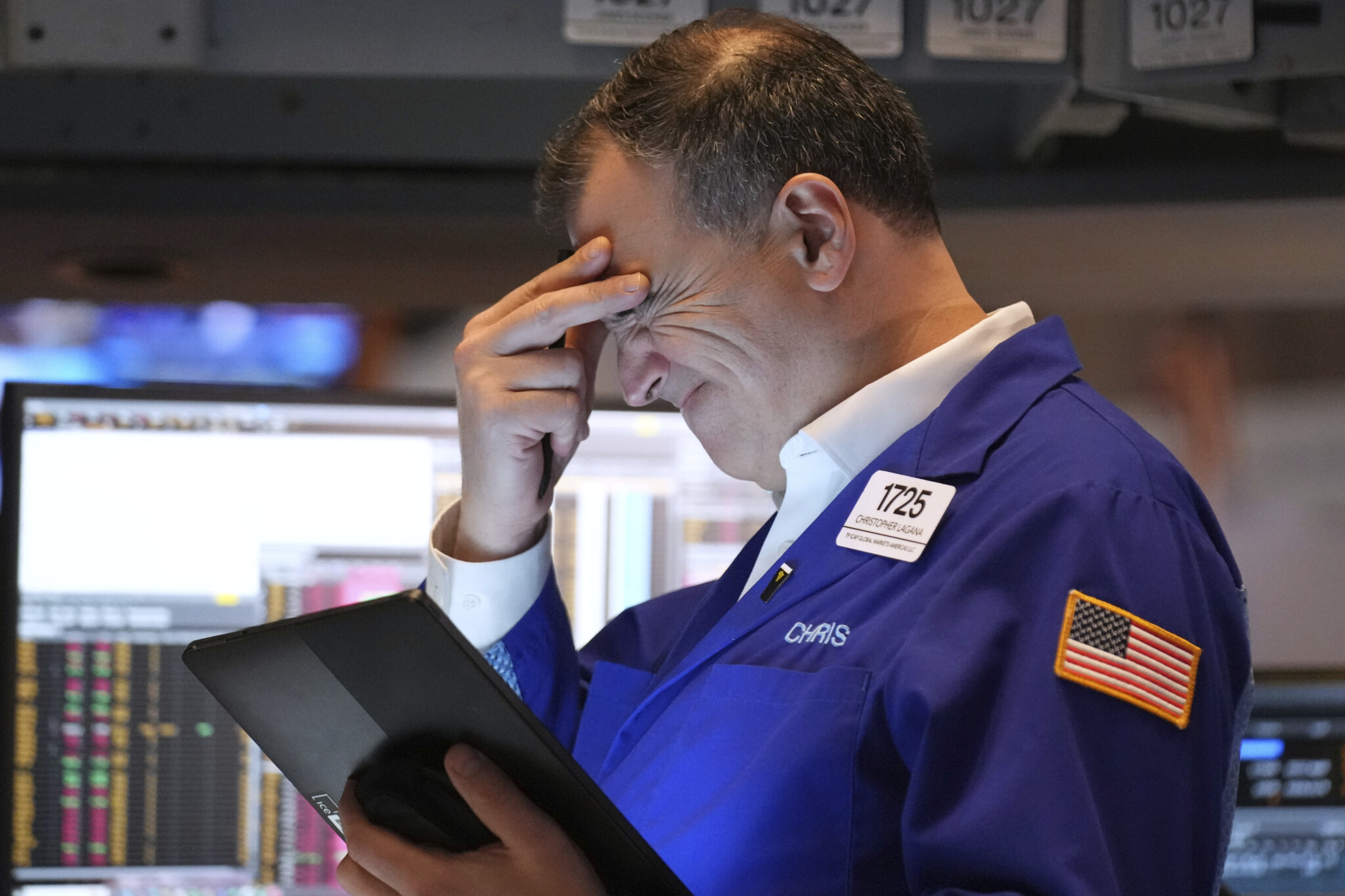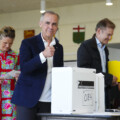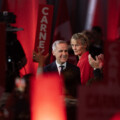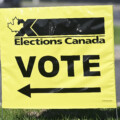Financial markets have experienced increased volatility following the Trump administration’s announcement of new worldwide tariffs. On a recent episode of The Hub’s live election YouTube show, economist, founder and president of Rosenberg Research David Rosenberg discussed how these policies might affect trade and investment. He examined both immediate market reactions and potential longer-term economic consequences.
The conversation examined how these developments might influence the ongoing federal election and Canada’s future trade relationships.
Here are three takeaways from his discussion:
- The tariffs represent a fundamental restructuring of global trade dynamics: Rosenberg emphasized that these aren’t typical tariff adjustments but rather a systematic overhaul of trade policy. The administration’s formula-based approach—tying tariff rates directly to each country’s trade surplus with the U.S.—creates a rigid framework that leaves little room for negotiation or compromise.
- Multiple economic indicators now point to heightened recession risk: Across asset classes, Rosenberg observed classic warning signs of economic contraction. Equity markets are repricing risk premiums, corporate bond spreads are widening at an accelerated pace, and cyclical commodities like oil and copper are showing weakness—all signaling reduced growth expectations.
- Potential investment opportunities will require patience and discipline: While markets have already adjusted significantly, Rosenberg cautioned they may not have fully priced in recessionary conditions. His analysis suggests we’re currently in the middle stages of this repricing process. For long-term investors, he advises developing a phased entry strategy rather than attempting to time the absolute market bottom.
The new tariffs: changes to trade policy
Rosenberg described the tariffs as an “incredible shock” that “creates uncertainty” in trade policy, though not entirely unexpected given the American stance on trade deficits. The tariffs range from 10 percent to more than 40 percent, calculated based on each country’s trade surplus with the U.S., effectively raising the average tariff rate from 2.5 percent to an average of 25 percent. Rosenberg noted these measures represent a more structured approach than traditional tariffs, with specific formulas determining rates rather than negotiated agreements.
He explained that this policy reflects the administration’s long-held view that trade deficits are economically harmful. While the approach is more systematic than previous trade measures, Rosenberg suggested it leaves limited room for negotiation with trading partners.
Market response: adjusting to new conditions and balancing inflation and growth
Stock market declines have been driven more by changing investor sentiment than by changes in corporate earnings, according to Rosenberg.
Commodity markets have also reacted, with oil prices declining due to both reduced demand expectations and increased OPEC+ supply.
“Oil is peeled back for the same reason why the overall stock market is peeled back,” Rosenberg observed. He argued that these movements often increase the risk of a recession. For investors, he suggested considering more stable sectors like utilities, consumer staples, and health care, which tend to be less affected by economic cycles.
Federal Reserve policy: balancing inflation and growth
Rosenberg analyzed recent comments from Federal Reserve chair Jerome Powell, in which he said the tariffs would lead to elevated and persistent inflation.
“If there’s no inflationary impact coming out of the labour market, then the inflation is going to get snuffed out. There’s no doubt that we’re going to be in for a temporary inflation or price shock,” Rosenberg argued.
He pointed out that without corresponding wage increases, tariff-related price hikes might prove temporary. The economist suggested the Federal Reserve’s cautious stance may reflect the institutional memory of recent inflation challenges, even as economic conditions evolve.
AI assisted in the production of this summary. If you are referencing this summary refer to the audio to verify.








